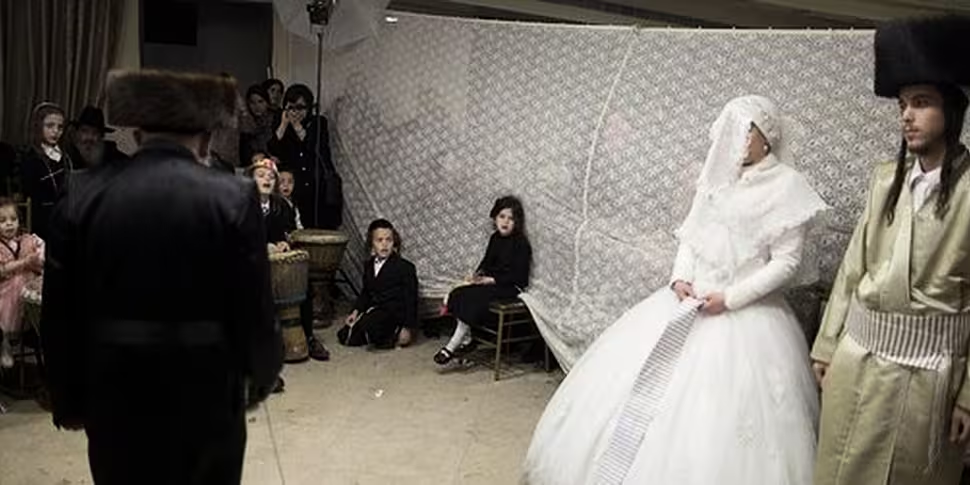On this evening’s Right Hook, George was asking should every couple tying the knot be first wrapping themselves in the bureaucratic red tape of a prenuptial agreement? In 2015, is marriage really the best system of union in the modern world, or should there be supplementary ones – something like ‘friends for life’, where a prenup is a mandatory and legally binding?
Joining George live in studio was Josepha Madigan, a family-law expert with Madigans Solicitors, who took him through the dos and don’ts of saying I do:
While we might think of prenuptial agreements as a prudent approach to beginning a married union, in Israel and among the global Jewish community, women are striving to sign prenups to ensure that they can get divorced.
Last month, legal expert and rabbinical leaders met in Jerusalem to begin to draft contracts creating a loophole to allow Jewish women to file for divorce – referred to as a get in Hebraic tradition, and which can only be carried out by men in a Jewish court of law.
According to Halakha, Jewish laws, husbands are able to refuse to issue a get and grant their wives a religious divorce, an act which essentially leaves Jewish women chained to their broken marriages. In the eyes of Jewish culture, these women, referred to as aguna, are regarded as still being married, despite their relationship being separated, and are unable to remarry.
But now a group of Orthodox rabbis, known as the Tzohar, is striving to tread the line between Israel’s civil marriage laws and the strict adherence of Halakha, by conceiving a new sort of prenuptial agreement – which would, in place of determining the dissolution of assets, compel husbands to grant their wives a divorce, and to bring some resolve to the aguna phenomenon.
“No one deserves to stay chained in a terrible marriage with a knife at their throat,” said Rabbi David Stav, Tzohar chairman.
“This agreement can and should become the norm in Israeli society to ensure that the end of a marriage and separating from your partner will be treated with respect and dignity,” he said.
The proposed prenup agreement also carries weight in Israeli civil law, because, whether religious or not, women who choose not obtain a get through Jewish law courts remain legally bound to their marriage in the civil courts as well. All births, deaths, and marriages are under the control of the Halakha courts, operating under the auspices of the state.
Israel’s Orthodox rabbis have given the prenup divorce clause their silent support, and it has been welcomed by aguna women like Dorit Stern, whose husband refused to offer her a get for six years.
“If this agreement was available to me a few years ago, my life’s story would likely have been very different,” Stern told the Jewish Press.
“A person who is in this situation is stuck – can’t move on, can’t get married, can’t have children. The solution to this problem exists, and I’m so glad that someone finally is standing up and working to do something about it.”
The proposed agreement would entitled engaged couples to outline divorce terms before their marriage, meaning that the issuing of a get is agreed in advance. If the male spouse refuses to commence divorce proceedings or drags it out over a long period of time, he could be fined up to half his salary every month.









